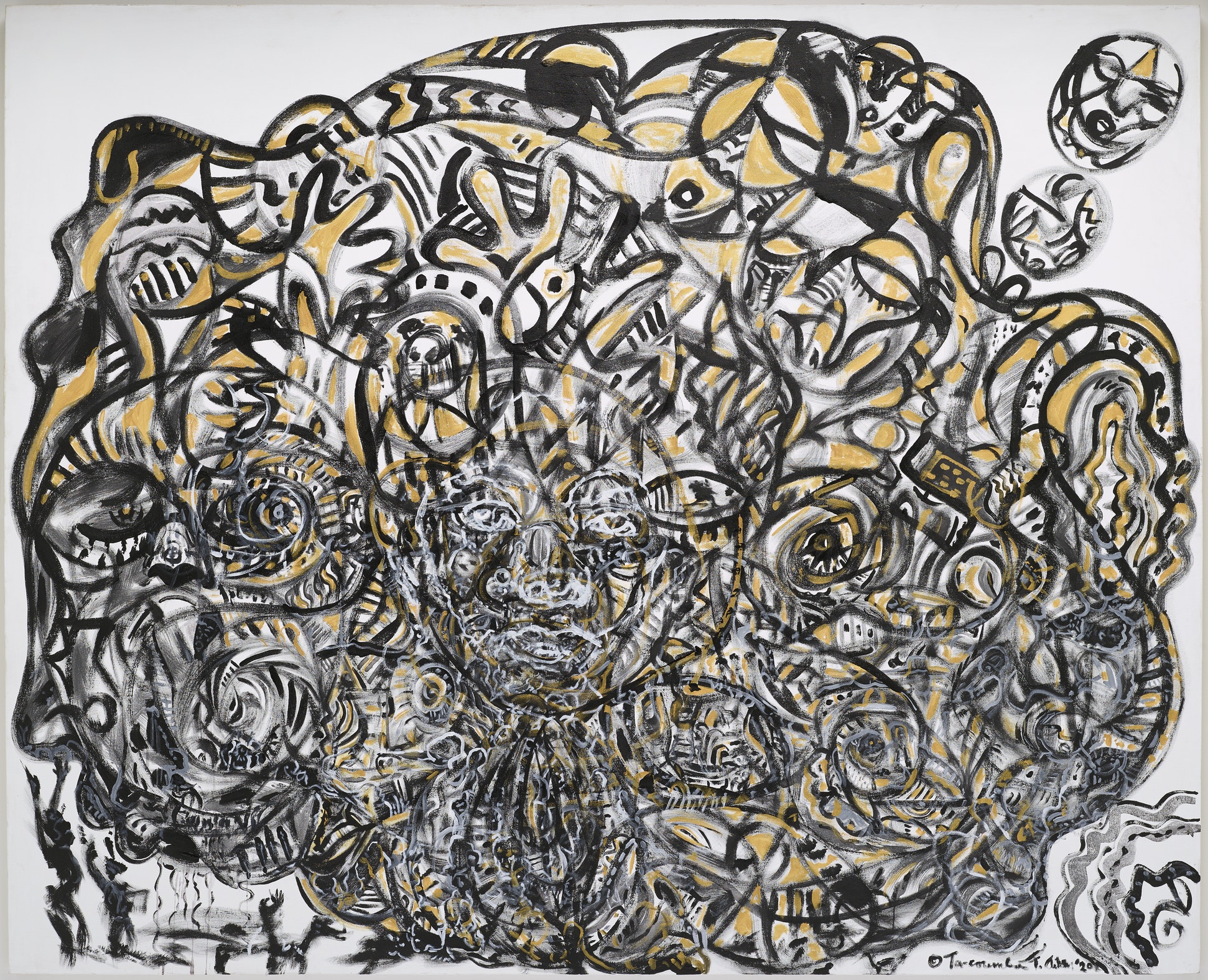Fire Water Word Wind Song
Theatre artist and activist Signe V. Harriday meditates on ritual: how we gather in circles for the stories we need to survive.

Fire
Water
Word
Wind
Song
Fire
Water
Word
Wind
Song
Fire
Water
Word
Wind
Song
Fire
Water
Word
Wind
Song
As a daughter of a pastor perhaps it’s no wonder that ritual is emergent in my artistry. As a little girl, sung liturgy was both soothing and sacrament as I sat on wooden pews attuned to stories meant to stir the soul. The church was where I first met art and her fire. She was everywhere. In the stoles, the candles, the music, the storytelling, the altars, the lecterns, the pulpits, the flowers, the symbolism, the grandeur, the preparation before the event, the ritual, the public funding, and the ascension to other worlds all while gathering in community. I remember slipping off my shoes, sliding next to my grandmother on the oversized bench, and letting my feet dangle above the massive pedals of the church organ. I remember carefully robing in red cassocks with white yokes to perform my duties as an acolyte. Standing before the congregation to deliver song or script brought my first experiences with public performance. And at its core, through my father’s voice, church was/is about learning to walk through the world more principled and oriented to care. And yes, I certainly have a robust critique of religiosity and organized religion that could easily puncture the veil I’ve described. But I can’t deny with rational left-brained logic what my creative right-brained intuits. Rituals offer space for the body and spirit to merge. Much of my artistry is fundamentally trying to do the same thing. I seek out experiences that are invitations to collaborators/curators/artists/facilitators and community/participants/audience to examine who we are, and who we are in relationship to one another. For me this examination is the essential pathway to deeper understanding, empathy, and connection.
I feel spiritually called to be an artist. My father wasn’t my only ancestor called to ministry. So I figure some of what makes me the artist I am comes from seeds planted and watered by unsuspecting ancestors. Like the scattered seeds from an unlabeled package in the spring, I don’t think they could have imagined I would be the harvest that sprung up from their hopes. I nonetheless see my work in their lineage.
My work is connected to an ancestral legacy that is committed to the restoration of our full humanity through communal experiences. The theatre can be a living, breathing praxis in healing, a necessary ritual. My work makes space for often unseen or unheard narratives. As a Black lesbian artist, I work to create space for myself, while simultaneously supporting and developing artists across many spectrums, including race, ethnicity, gender, sexuality, art form, ability, class, and age. I want to weave my lived lessons, cultural inheritances, and creativity into story tapestries that are evocative and purposeful.
I’m currently preparing to direct a production of bull-jean stories written by the incomparable and utterly inspiring sharon bridgforth. In bridgforth’s words:
“sing traditional storytelling and non-traditional verse to chronicle the course of lovve returning in the Life-times of one wo’mn-lovvn-wo’mn named bull-dog-jean/the bull-jean stories give cultural documentation and social commentary on African-American herstory and survival.”1
sharon’s writing feels like church to me. The aliveness of her characters and texts compels us to elevate and go deeper at the same time. I remember the first time I heard sharon’s words. They transported me to a world I’d only dreamt about in whispers and glimpses. A world I could touch no more than I could contain the wind. It was the late 90s and I was piecing together my own Black lesbian quilt for support and sustenance (insert euphemism). Looking for connections and home—and we was doin’ it. But I hadn’t in all my wildest dreams imagined or known the voices of aunties or sapphic ancestors. bull-jean swaggered and sauntered into my mind bringing all the afro-mation my roots needed. These herstories nurtured me and invigorated my spirit. They connected me to a past I didn’t know and helped me to unfurl into my own knowingness.
And now more than 20 years later, I return to these sacred stories that are themselves the composition of a ritual. I will listen to their songs like I listened to the liturgy. I will invite our community to listen, too. Listen that they might find parts of their story woven into the ritual. In the circle we gather for the bull-jean stories, I hope we can all re-remember how we love, how we survive. In the circles we gather for the stories we need to hear/need to tell…I hope we can all re-remember how to love, how to survive.
Fire
Water
Word
Wind
Song
This piece is part of the series by guest editor Sun Yung Shin.